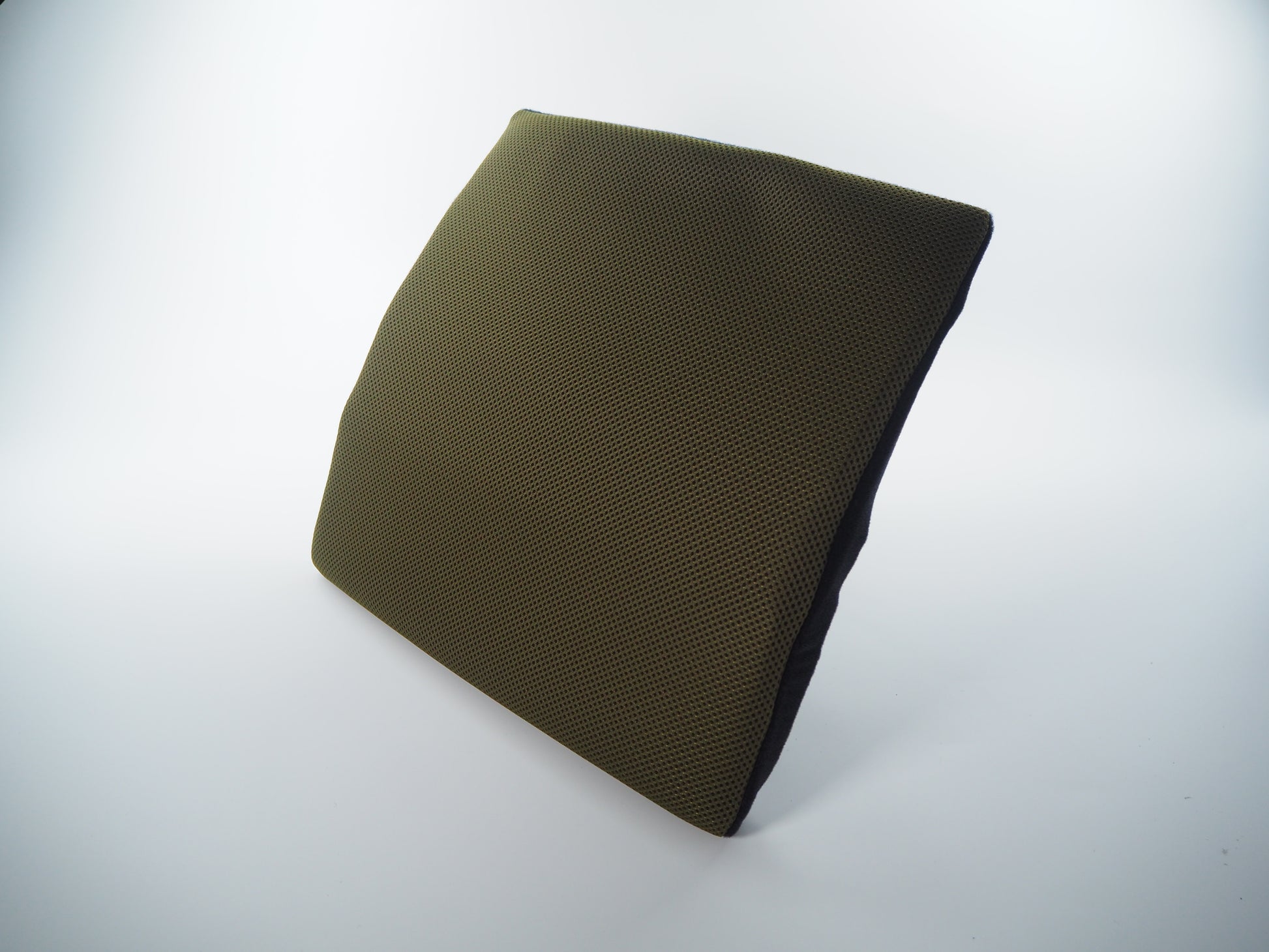DEKU-KOBO
Norbit System Back Cushion (Normal)
Couldn't load pickup availability
PDF:如何使用诺比特系统
如何使用诺比特系统
target person
target person
Wheelchair users have the following symptoms: back pain, sitting upside down, stiff shoulders and neck
Material
Material
Cover...Mesh Fabric Body: Polyurethane
size
size
W35cm x H30cm x D5cm
weight
weight
240g
mail
Japan…About 1 to 2 weeks China…Around 2 to 3 weeks
Handling Precautions
Handling Precautions
◎ The lid can be put into the net and washed during the hand washing process. The polyurethane body cannot be cleaned.
◎ Wheelchair users are welcome.
◎Due to the properties of the material, the lid may pilling.
◎ Avoid using and storing in places with direct sunlight, high temperature and humidity.
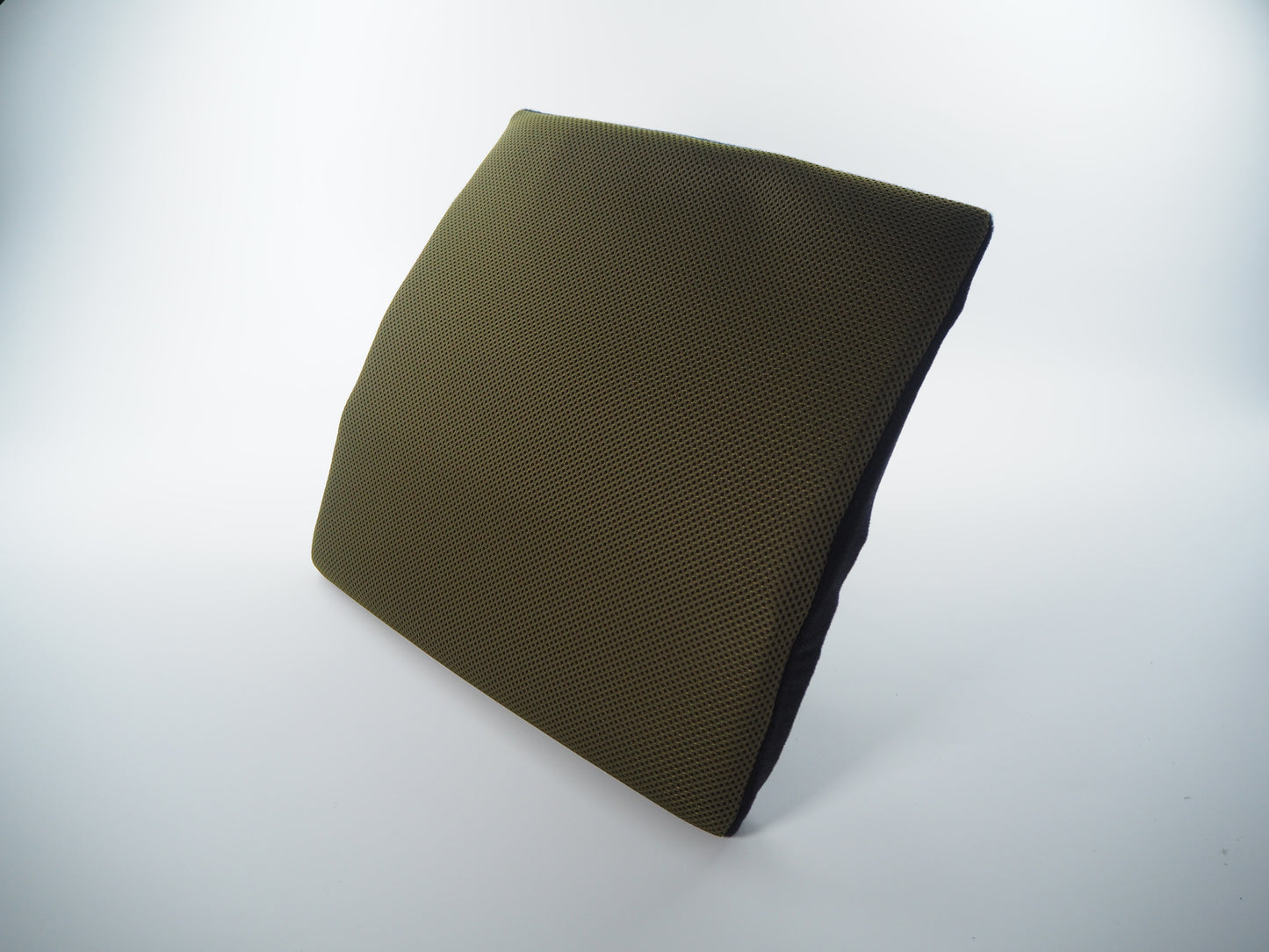
◆ Prevent falls
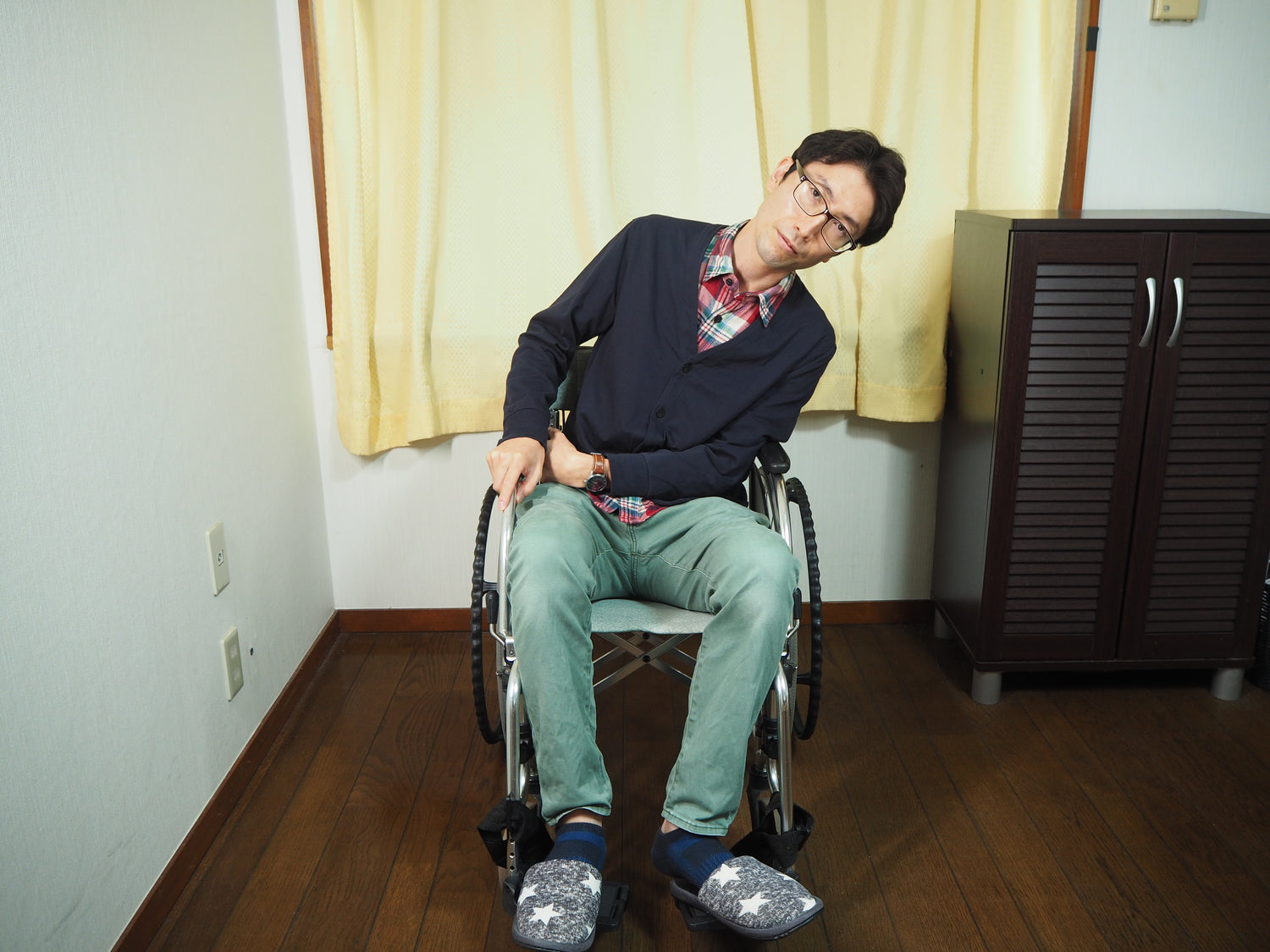
For hemiplegic patients, the body usually tends to lean toward the paralyzed side, and conversely, it may also lean toward the healthy side. If you are in a wheelchair and maintain this unstable position, you are at risk of falling.
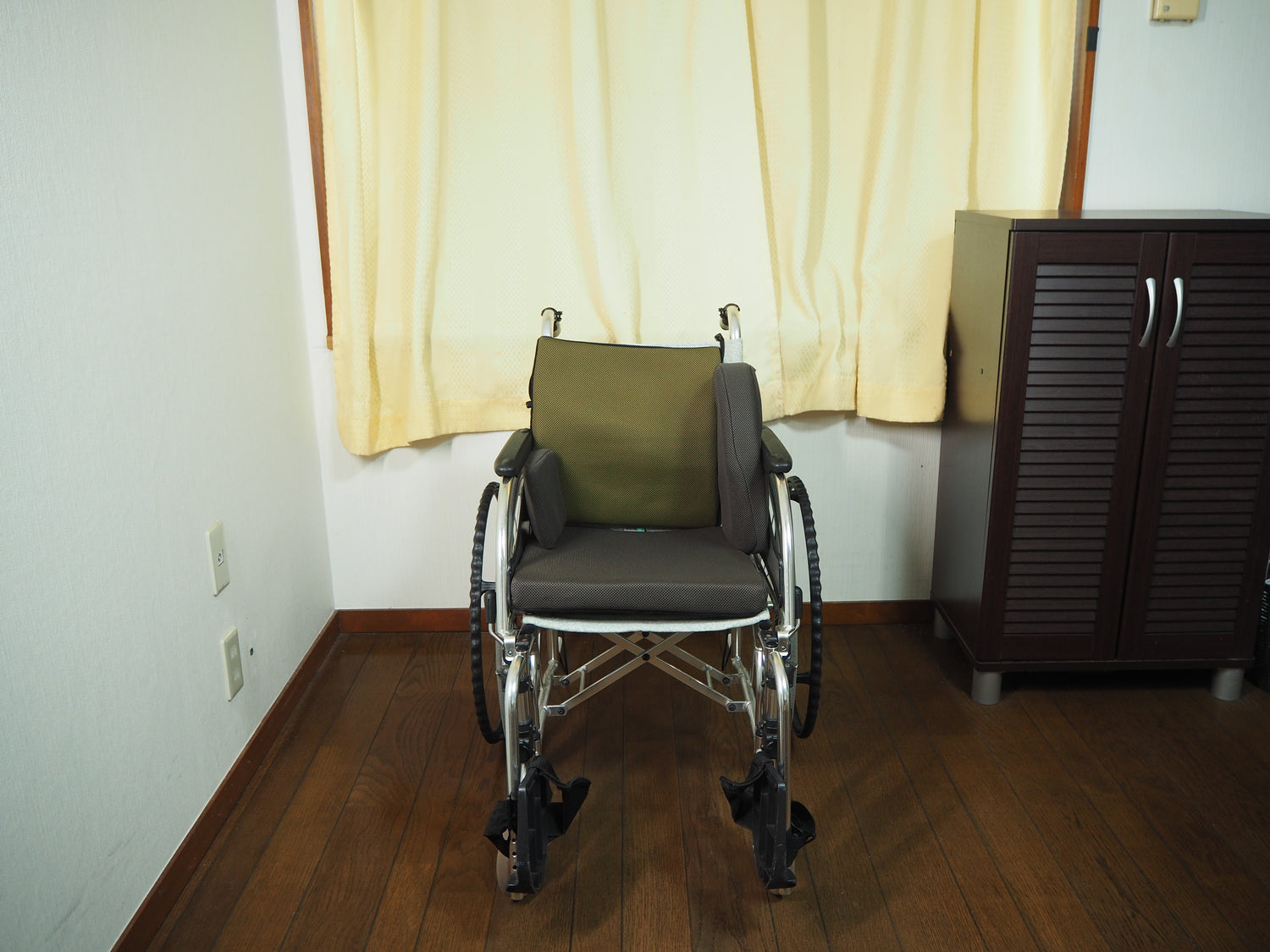
If using the torso pad of the Norbit system, it can support the body on the side of the tilt. Set the Torso Pad to the right if you're tipping to the right; set it to the left if it's to the left. A slightly harder plastic is attached to the side that is not close to the body to support the body.
At the same time, by inserting a "pelvic pad" on the opposite side, the hips are firmly supported and the sloping body is further supported.
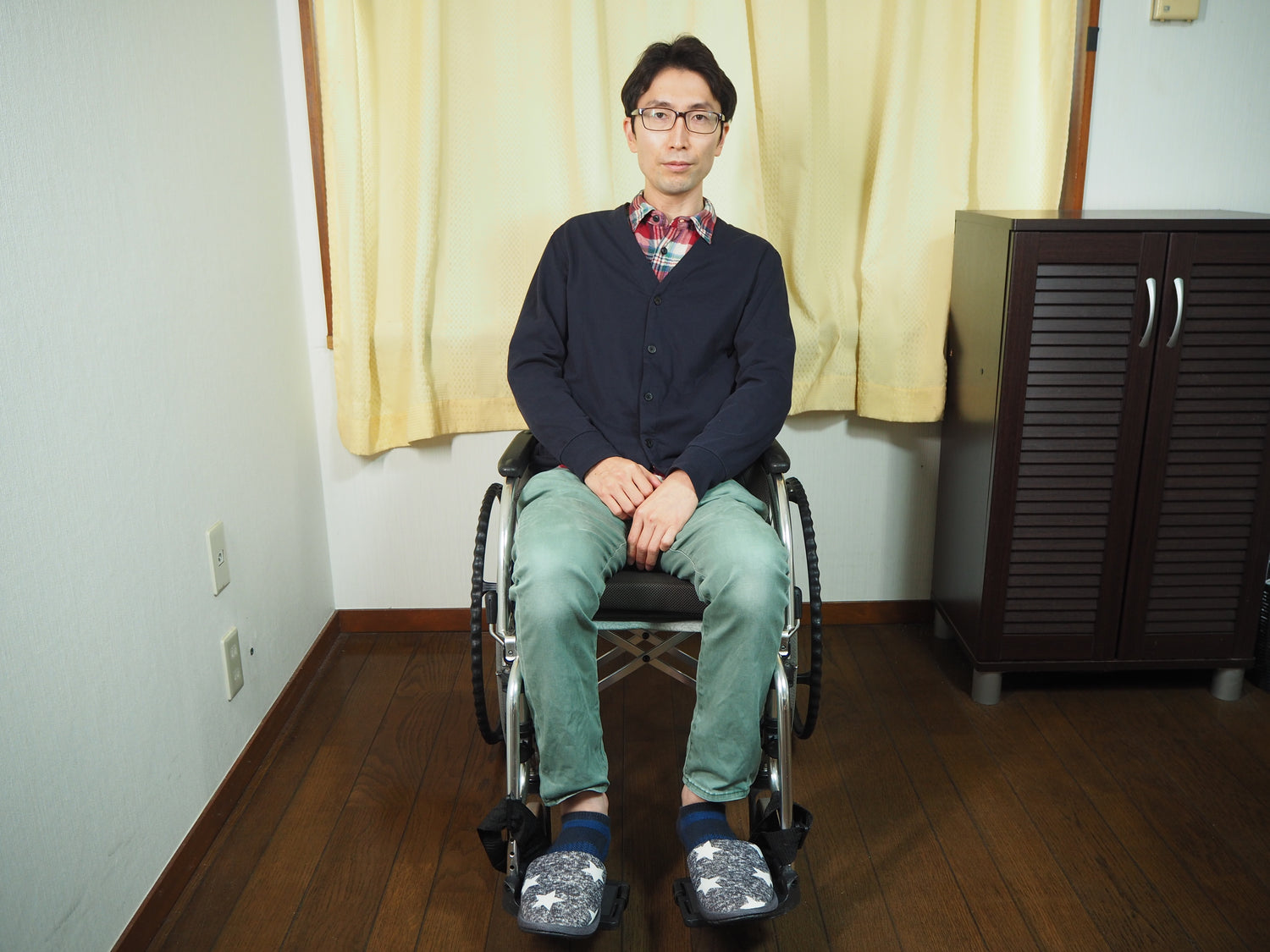
Using a wheelchair with a backrest can result in decreased muscle strength and decreased activity levels due to postural instability and fear of falling. And the cost of such a wheelchair is also high.
Using the Norbit system, you can make full use of the existing ordinary wheelchair, which can not only exercise your muscle strength, but also prevent falls
◆Prevention of bedsores
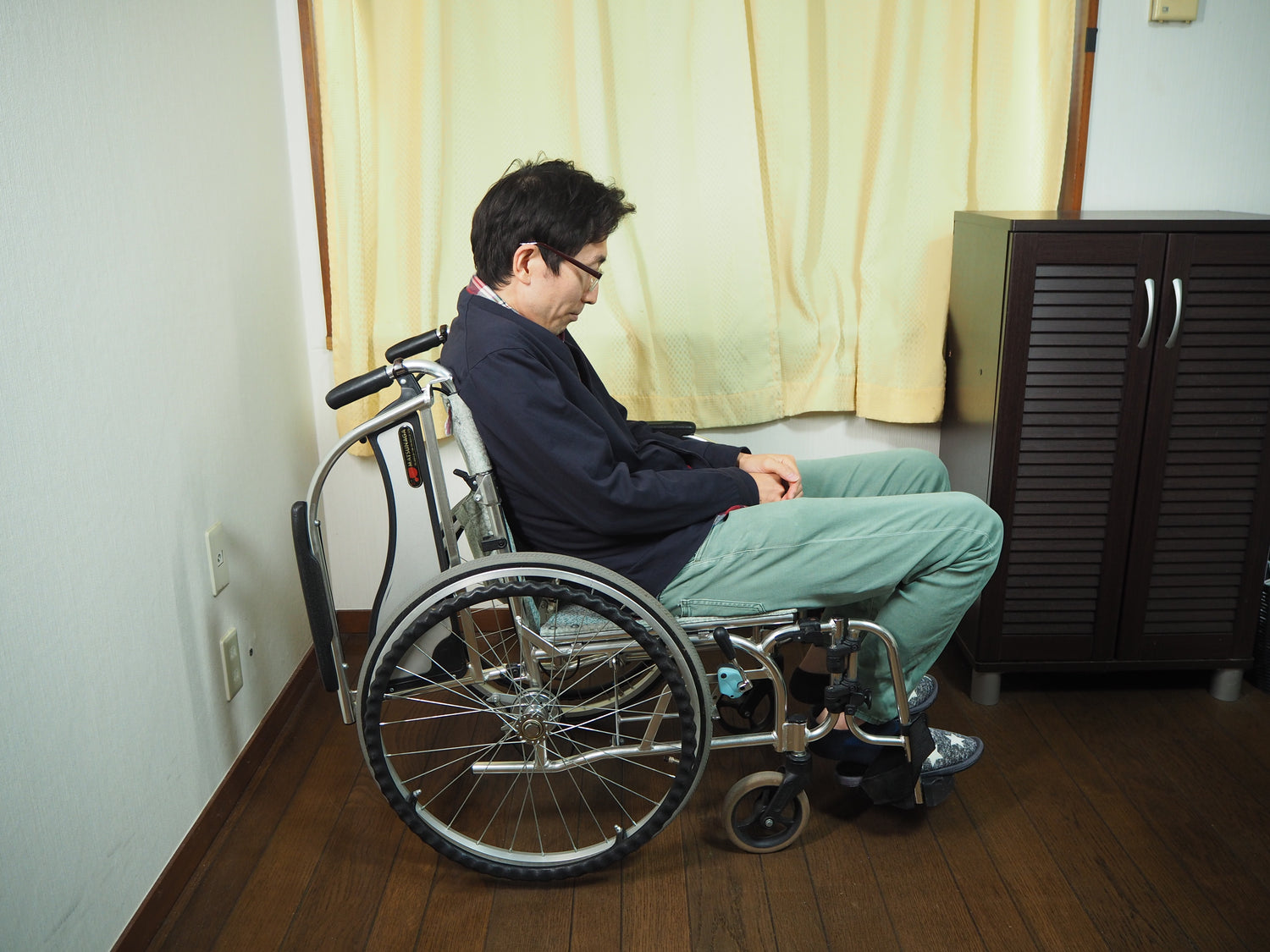
If the seat is slack, like sitting in a hammock, the hips will be squeezed from side to side. As a result, the front of the seat is lowered, the buttocks slide forward and dislocate, and it is easy to form a sitting position that presses against the sacrum (called sacral sitting). Bed sores are said to be most likely to occur in the area around the sacrum. And, the risk of decubitus ulcers is highest when this dislocated force occurs in addition to pressure.
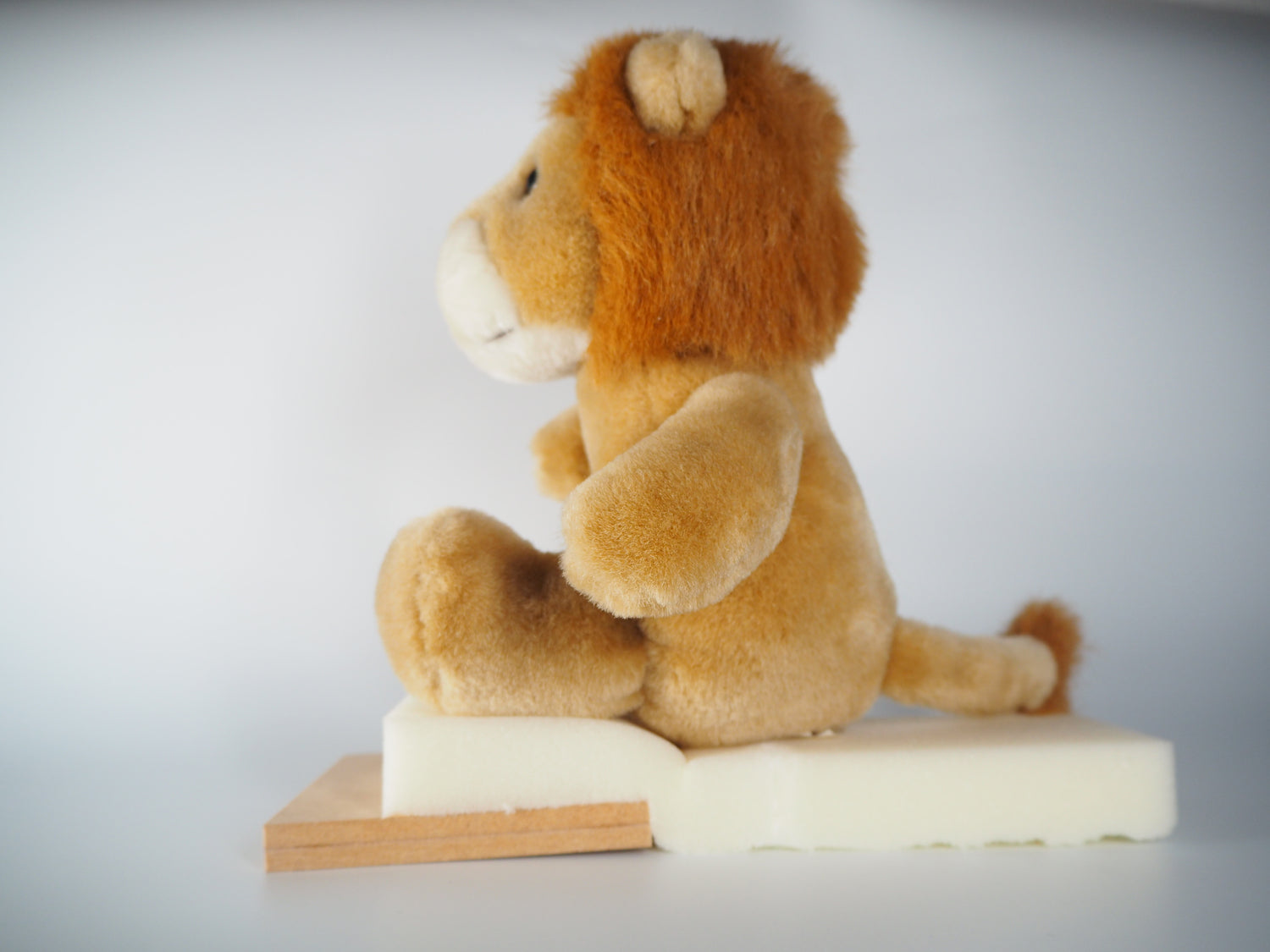
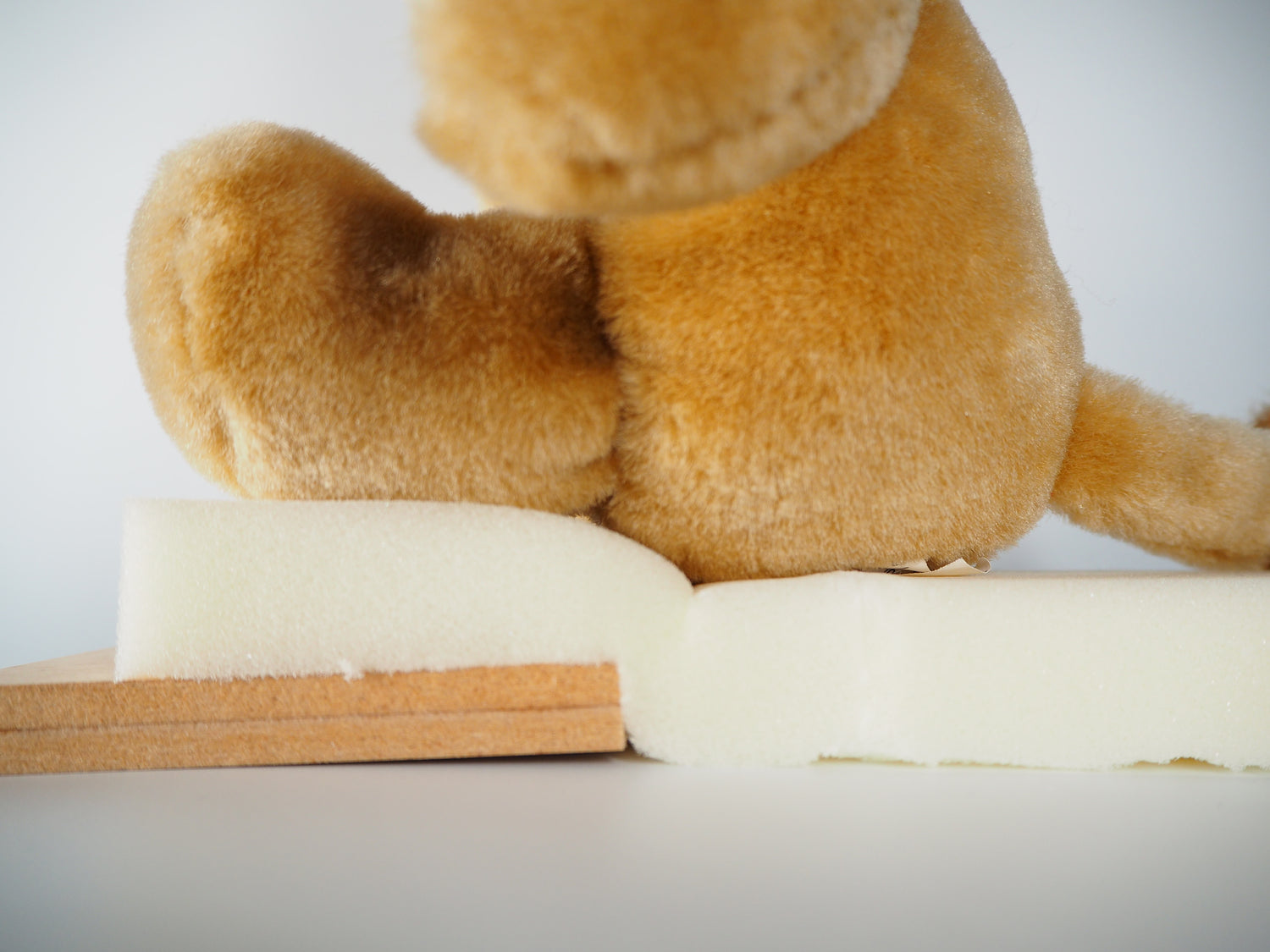
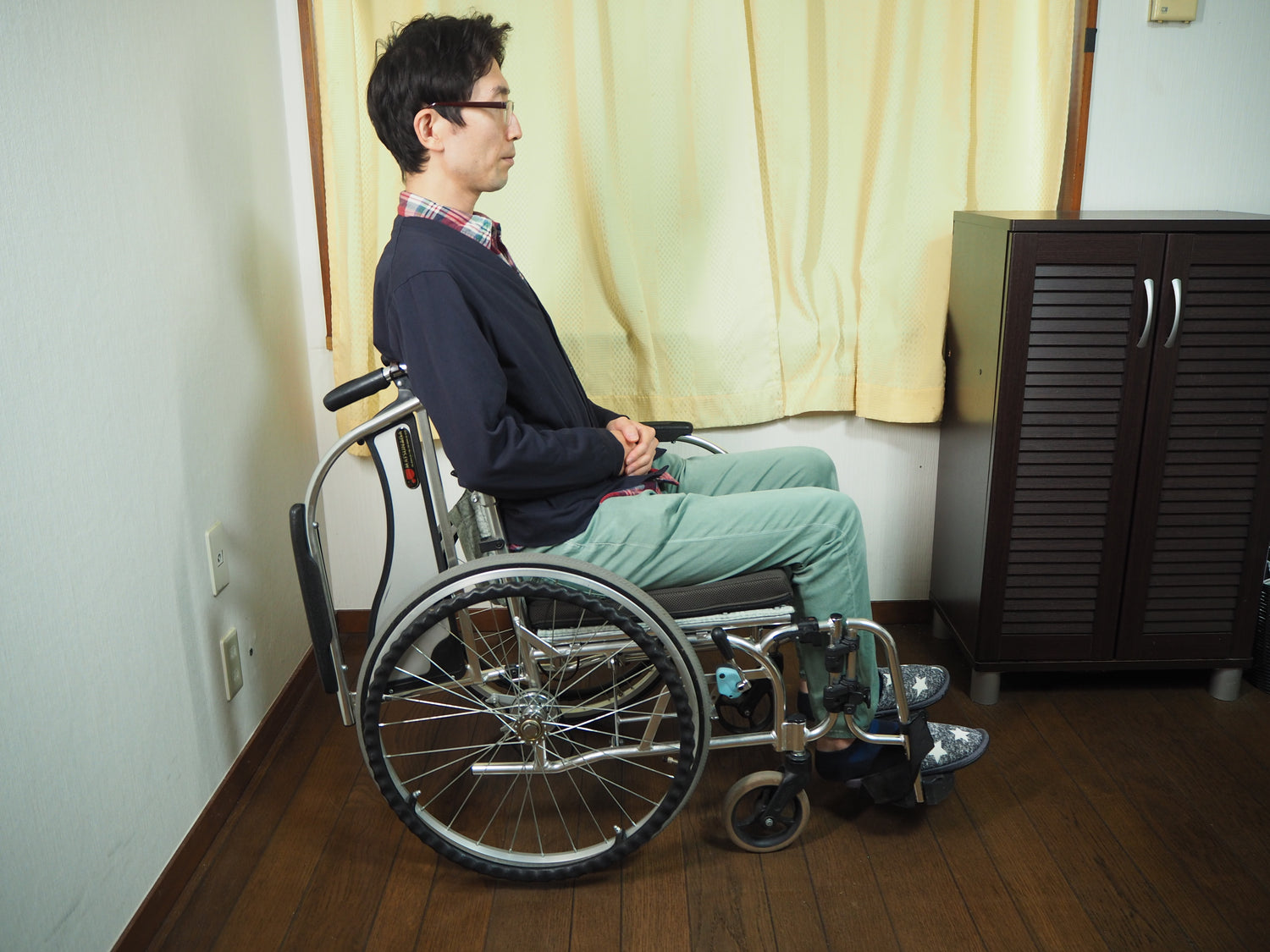
The "seat cushion" of the Norbit system can effectively solve this problem. A small plate is attached to the front end of the back of the cushion to remove seat slack. Since there is no plate under the hips (sit bones), the hips sink slightly into the mat (for anchor support) for a stable sitting position. Therefore, it is possible to prevent the sacrum from sitting and prevent the occurrence of bedsores.
◆Prevent low back pain
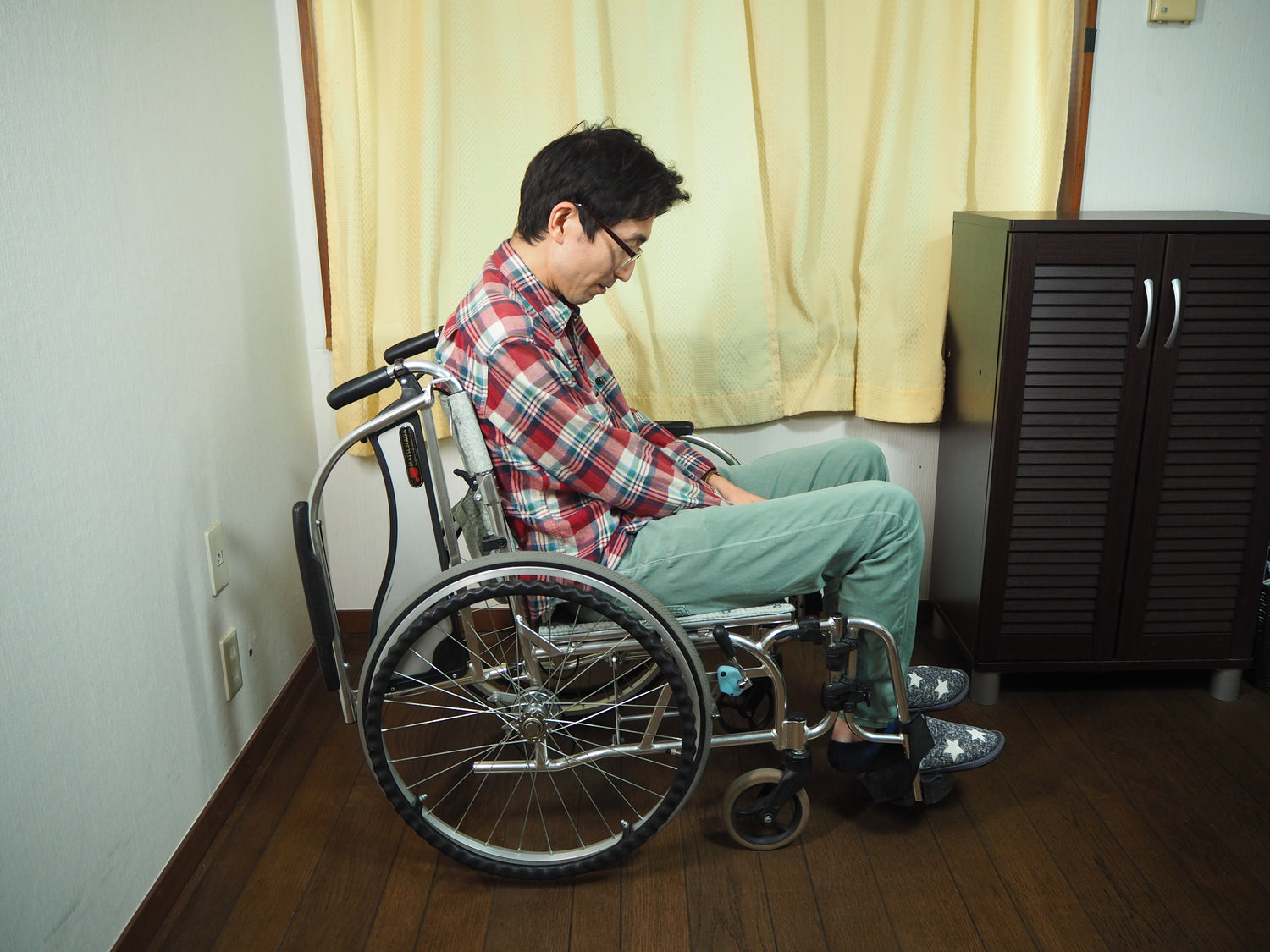
Usually, the backrest of a wheelchair is a flat shape made of a piece of cloth. However, such a backrest can easily cause the pelvis to tilt back, resulting in a C-shaped curve of the spine. This puts intense tension on the muscles of the entire back, centered on the waist, leading to lower back and shoulder pain. In addition, bending the upper body will press on the internal organs, resulting in shallow breathing and indigestion. When the back is bent, the body is pushed forward, increasing the risk of adverse conditions such as bedsores.
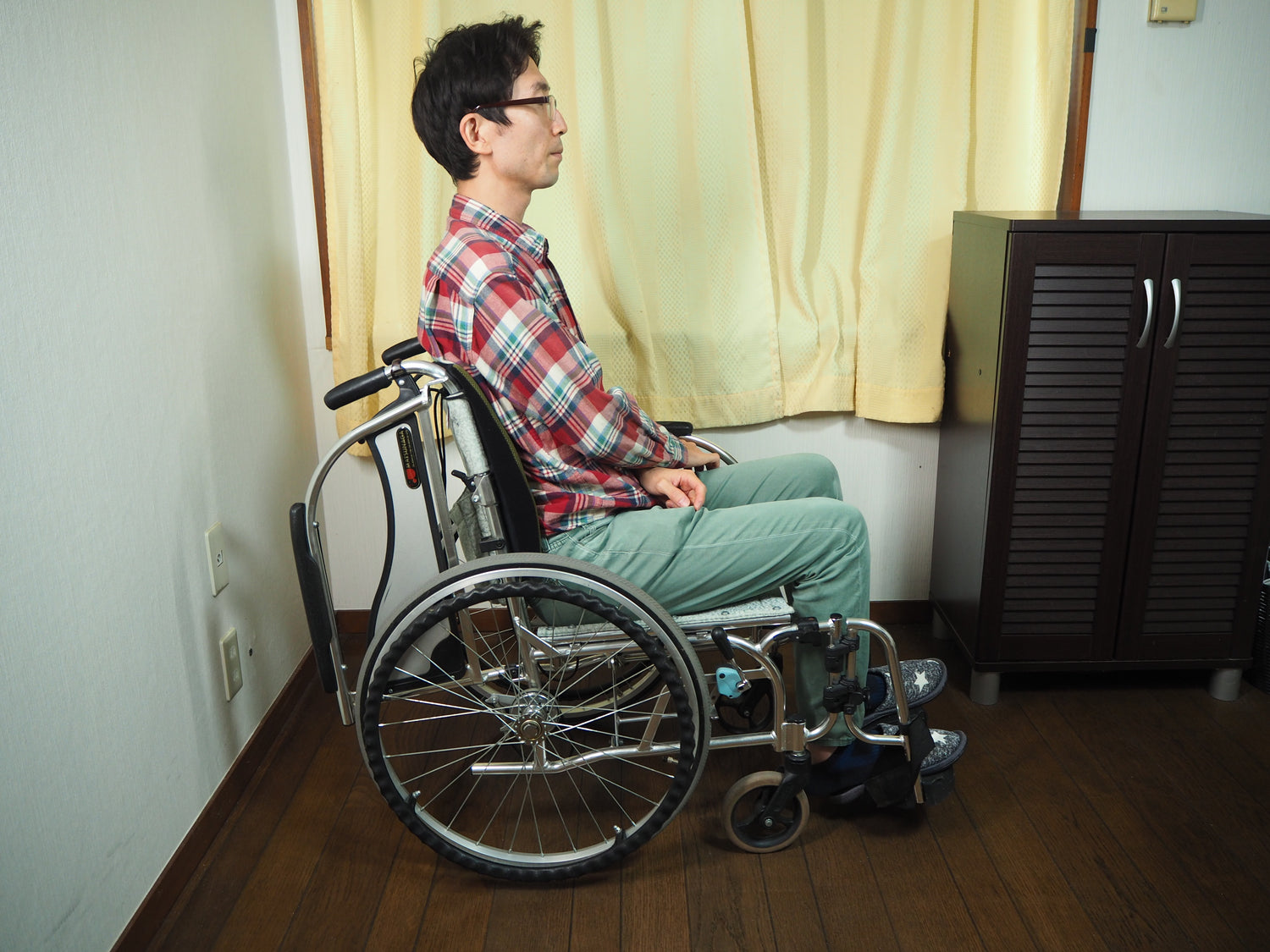
To prevent this from happening, there needs to be a pelvic support (back support) that leans back, creating a large area of contact with the pelvis, which is the most comfortable position for the body.
The "back cushion" of the Norbit system is an S-shaped curve that supports the pelvis well. People with curved backs can achieve the same effect by using a "back cushion".
◆Maintain a comfortable posture
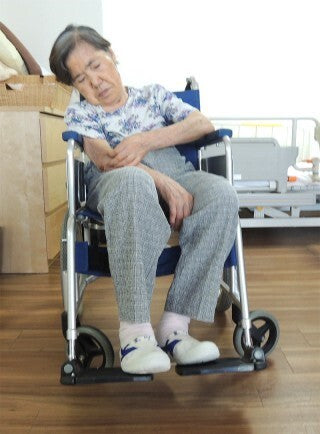
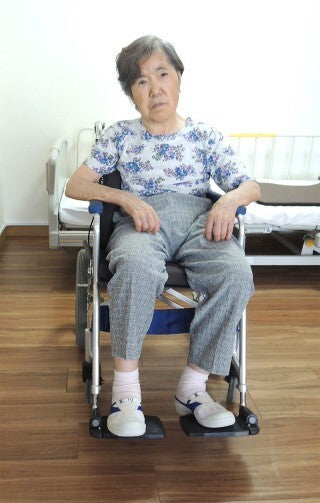
Correct posture is achieved by supporting the pelvis with the "back cushion" of the Norbit system and establishing anchor support with the "seat cushion". In addition, "Trunk Pad" and "Pelvic Pad" prevent the body from leaning. Facing straight ahead, still being able to sit comfortably without pressure or pain, makes it easier to talk and communicate and motivates the desire to move. Maintaining a comfortable sitting position increases the number of things you can do yourself and also reduces the caregiver's burden of care.

